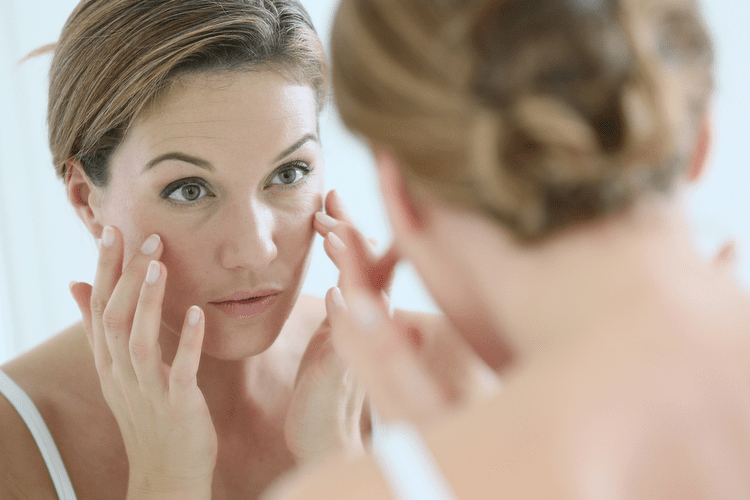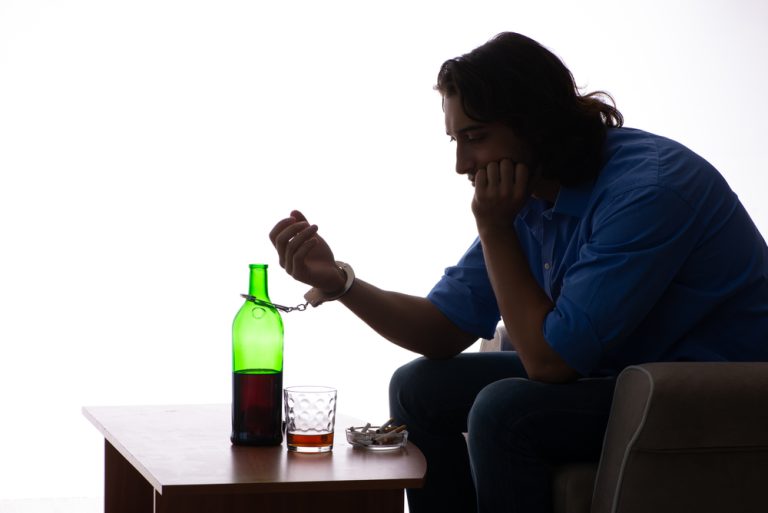What’s most important is to look at your drinking habits and find a way to cut back that works for you. But maybe you’re unsure about quitting completely and don’t want to hold yourself to that goal. Maybe you don’t think you depend on alcohol exactly, but you still wonder whether you might be drinking too much. Applying a cold compress to your nose will help to soothe the mucous membranes in your nose and reduce inflammation. Rinsing your nose with salt water or a saline solution will help to soothe the mucous membranes in your nose and reduce inflammation.
Minimized Risk of Alcohol Withdrawal Symptoms
One of the most common forms of alcohol intolerance is sulfite intolerance. This type of allergy occurs when an individual cannot break down sulfites, which are a byproduct of fermentation and appear in wine and other alcoholic beverages. People with alcohol intolerance may also experience nasal congestion after drinking alcohol. Next to flushing, a stuffy nose is the most commonly reported symptom of alcohol intolerance. Your nose may run or feel congested, and some people also sneeze after drinking. In severe cases, alcohol allergies can lead to anaphylaxis, a life-threatening reaction that requires immediate medical attention.
Causes of Hiccups While Drinking Alcohol
While the exact cause is not fully understood, several theories attempt to explain why some people experience this reaction. In this article, we will explore the possible reasons behind why you may sneeze after drinking alcohol. This effect can also make you feel hot when you drink alcohol, but it can also lead to short-term nasal congestion. The blood vessels around your nasal cavity can expand, making it a bit more difficult to breathe normally.
- Alcoholic drinks containing histamine, such as beers, ciders, or brown liquors, can also trigger symptoms that may be confused with an allergy.
- The ALDH2 deficiency that causes alcohol intolerance is a genetic mutation.
- Because alcohol is a carcinogen, drinking already increases cancer risk.
- It is also important to note that the “beer sneezes” are not a reliable indicator of intoxication levels, and drinking and driving can be dangerous.
- It’s essential to listen to your body and seek medical advice if your symptoms persist or worsen.
Unproven Methods to Stop Hiccups
Avoidance techniques are important since sulfites, naturally present in many foods, cannot be washed or cooked away. It’s also essential to monitor for symptoms of high hydrogen sulfide levels in the gut, such as wheezing, shortness of breath, and skin reactions. These symptoms could lead to the necessity of using asthma medications or consulting with an allergy specialist.
Health Conditions
The cause of this explosion of sneezing can be linked to histamine, a chemical naturally occurring in the body. It is known to trigger the reflex that can cause sneezing when ingested in a high enough dose. While sneezing may work for some individuals, it is not a proven method and may not be reliable in stopping hiccups. It’s always best to stick to techniques that have been scientifically tested and proven to be effective, such as holding your breath or sipping cold water. By being mindful of the drinks you choose to consume, you can have a hiccup-free night.
- While alcohol content does not directly cause sneezing, it can contribute to nasal congestion or irritation, potentially triggering sneezing in some individuals.
- Additionally, the preservatives used in alcohol too can be harsh on your stomach, increasing the chances of allergic reactions causing stuffy nose or sinus congestion.
Alcohol Flush Reaction
Studies show that people with the alcohol intolerance gene are up to eight times more likely to develop head and neck cancer than people without it. They are also up to 12 times more likely to develop esophageal cancer than the general population. If you have alcohol intolerance, it’s wise to cut back on alcohol or quit drinking. Drinking with alcohol intolerance causes uncomfortable symptoms, and it also puts you at greater risk for a range of potentially fatal diseases. However, some people develop allergy-like symptoms, such as an itchy throat and nasal congestion, in response to the sulfites in how to stop sneezing when drinking alcohol wine. Having a mild intolerance to alcohol or something else in alcoholic beverages might not require a trip to a doctor.
If you’re allergic to alcohol, you may experience hives, itching, swelling, difficulty breathing, and wheezing. If you experience these symptoms sneezing after drinking alcohol, you must see a doctor as you may need to be treated for an allergy. This article provides clarity by explaining the key differences between alcohol intolerance and alcohol allergy. Those “beer sneezes” do not mean you are officially drunk any more than the lack of sneezes mean you are okay to drive. Problems in the immune system cause an alcohol allergy to develop, while genetic problems in the digestive system tend to cause alcohol intolerance.
Some individuals may also experience worsened sleep patterns, with alcohol allergies potentially aggravating insomnia caused by other allergies. It’s important to seek medical advice if you suspect you have an alcohol allergy to manage your symptoms and prevent serious reactions. For instance, those with hay fever or pollen allergies may experience more severe symptoms due to alcohol’s effect on the nasal passages. Similarly, those with weed pollen allergies may notice an increase in symptoms after consuming alcohol. Alcohol can also aggravate symptoms of food allergies and sensitivity to additives. Additionally, alcohol’s ability to disrupt sleep can make those suffering from allergies sleep worse, leading to increased fatigue Oxford House and reduced quality of life.
Following these symptoms is commonly a red flushing skin reaction lasting anywhere between 30 minutes to a few hours. The duration depends on the amount of alcohol consumed and a person’s tolerance to alcohol. If you have an allergy, your immune system over-reacts to contact with a trigger or “allergen.” If you have an alcohol allergy, your immune system treats alcohol as a threat. Yes, if drinking beer triggers sneezing, it is advised to avoid beer or choose low-histamine alcoholic beverages.




